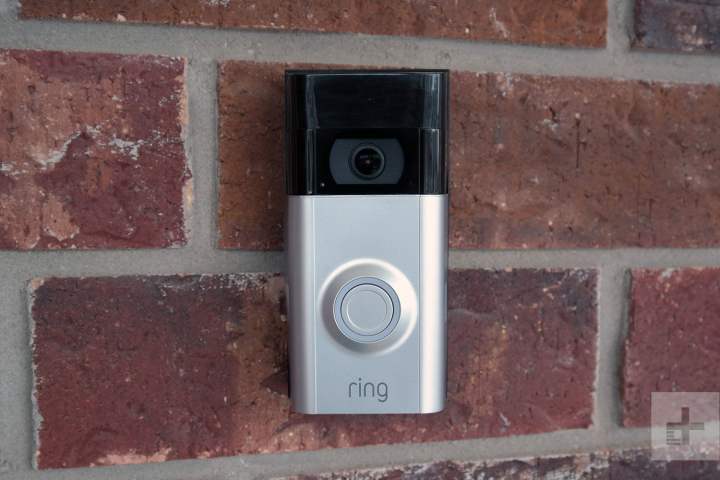
Ring worked on a project that would allow law enforcement to view video on its doorbells near the location of a 911 call, documents obtained by CNET show. While the company is no longer working on this project, as recently as August 2018 it was promoting the possible functionality to police departments.
Participation by Ring users would be on an opt-in basis. When a 911 call is received, Ring devices in the proximity of the call would begin to record and stream video, which law enforcement could access, according to the documents. The discovery of Ring’s now-shelved plans came to light through a public records request by CNET.
The latest news on Ring comes amid increasing scrutiny over its work with law enforcement. The company was criticized this summer after journalists discovered Ring was trading access to recorded footage in return for product promotion. At least 400 police departments nationwide had signed on.
Ring also applied for patents last year on the technology surrounding facial recognition of suspected criminals. If a person detected on a Ring camera matched the face of a”suspicious” individual on a crime watch list, law enforcement would be automatically notified. Ring told Digital Trends at the time that “patents do not necessarily reflect current developments to products and services, and this patent certainly does not imply implementation.”
CNET’s reporting seems to bolster earlier reporting by Gizmodo over Ring’s interest in emergency calls. There, Ring says the data is being used to help curate the Neighbors app to provide “relevant and reliable crime and safety information.” The company is even looking to build out its team to do just this — Ring early this year hired a “managing editor” to curate breaking crime alerts, which the company said was for the Neighbors app.
Either way, the latest news provides even more evidence that Ring is quite interested in working with law enforcement in some fashion. However, it also will provide more ammunition to privacy advocates, who see Ring’s moves as even more evidence of a company that cares little about user privacy and more about its bottom line.
“These partnerships provide an end-run around the democratic process and pose serious privacy and civil liberties threats,” Evan Green, deputy director of digital rights advocacy group Fight for the Future, said in a statement.


